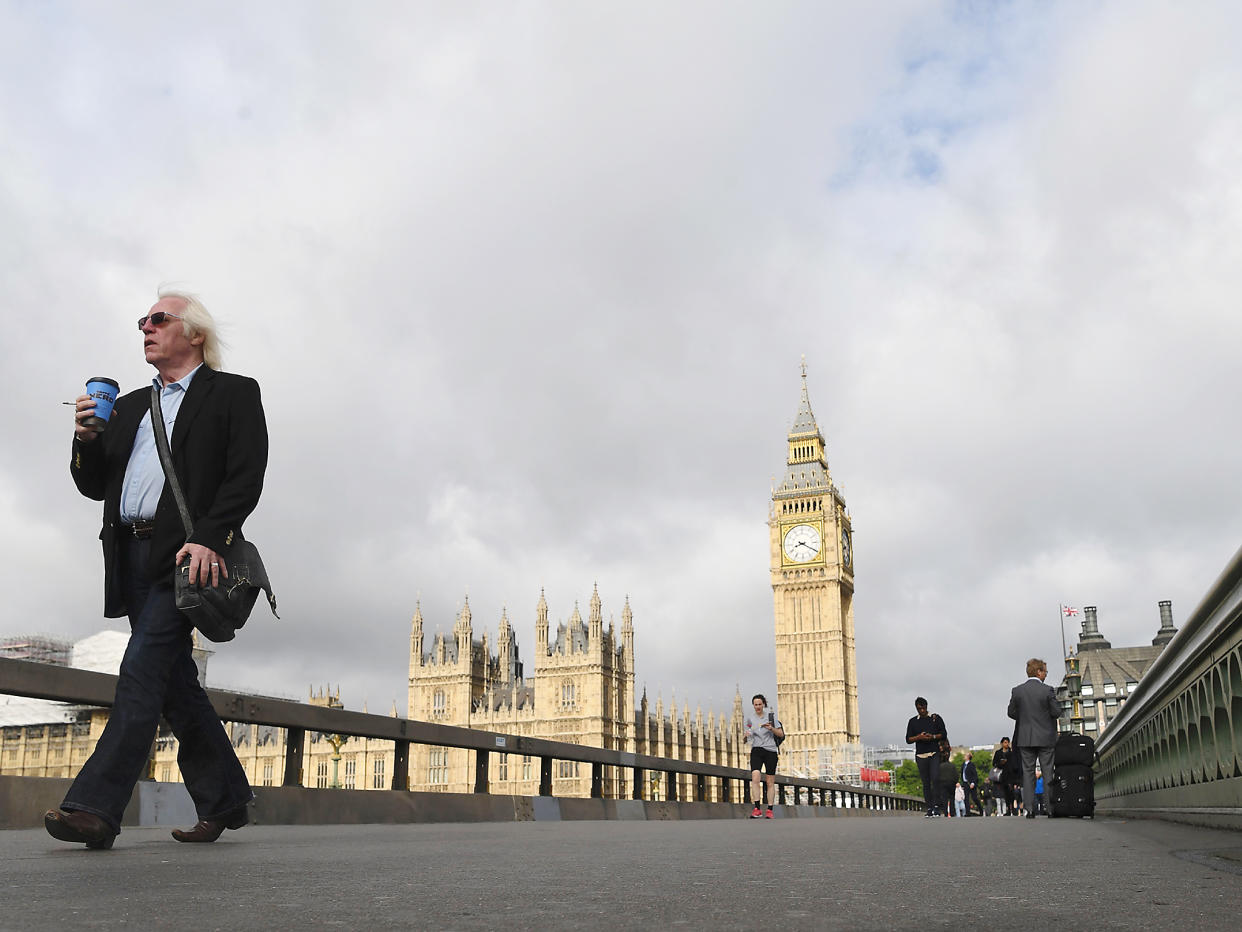Election 2017: More than half of MPs educated at comprehensive schools, finds study

The number of state-educated MPs sitting in the House of Commons has risen to a record high, new data has revealed.
MPs educated at comprehensive schools now make up 51 per cent of the Commons - the highest number since Sutton Trust began recording figures.
The report by the social mobility think-tank found 29 per cent of MPs in 2017’s Parliament were privately educated, while 18 per cent attended grammar schools.
While the figures reveal undeniable progress in equal opportunities, the report also found one in ten MPs had attended Eton, one of the UK’s most exclusive public schools.
Conservative MPs were disproportionately privately educated, with 45 per cent attending private schools, compared to 14 per cent of their Labour counterparts.
The data found 86 per cent of MPs to be university graduates, with 23 per cent attending Oxford or Cambridge.
“This report shows that educational background is still a strong determinant of opportunity to become an MP,” the authors wrote.
“With independent and grammar schools still disproportionately attended by the better off, there is still a long way to go until there are truly equal opportunities in society.”
However, Parliament now has more black and minority ethnic (BAME) MPs than ever before.
Ten new MPs from non-white backgrounds were elected in Theresa May's snap election, taking the total from 41 to 51 sitting in the Commons.
While this is still only around one in 13 MPs, it means the Commons is now more diverse than in any previous Parliament.
The new MPs include Labour’s Preet Gill in Birmingham Edgbaston – the first ever female Sikh MP. Slough’s new representative, Tanmanjeet Singh, also of Labour, becomes the first turban-wearing Sikh to sit in Parliament.
The new Parliament will also have a record number of women – up to 208 from 191 in the last Parliament, but still only 32 per cent of the total.
Four of the new female MPs are black women – a group that has traditionally been hugely underrepresented in Parliament.

 Yahoo News
Yahoo News 
